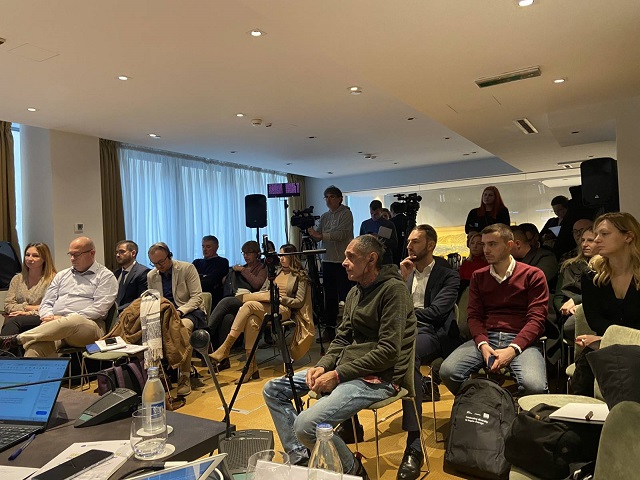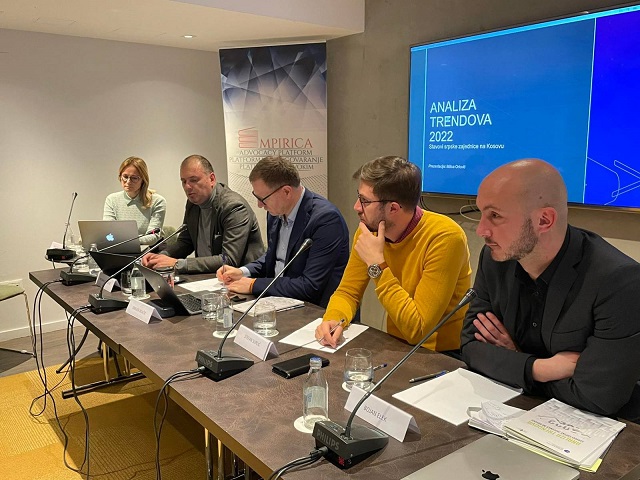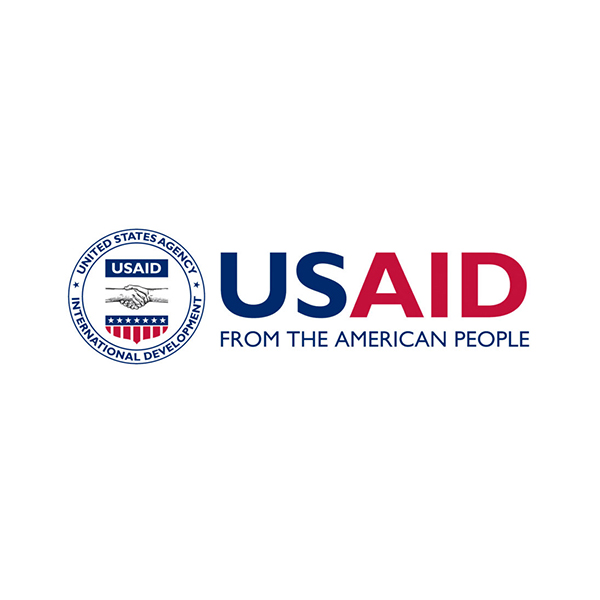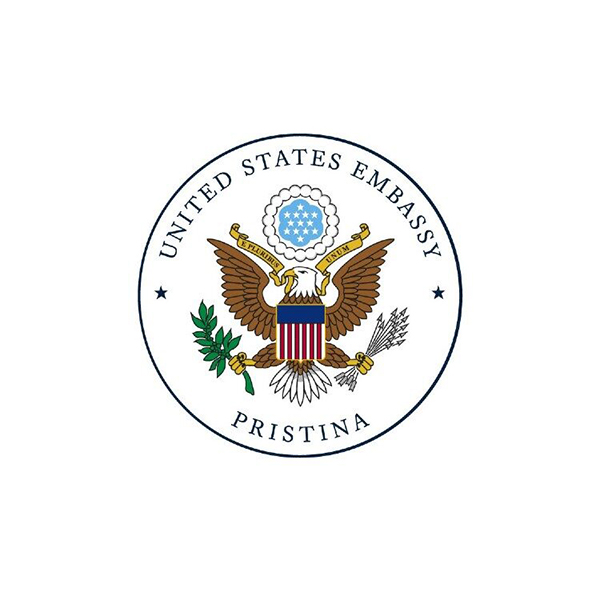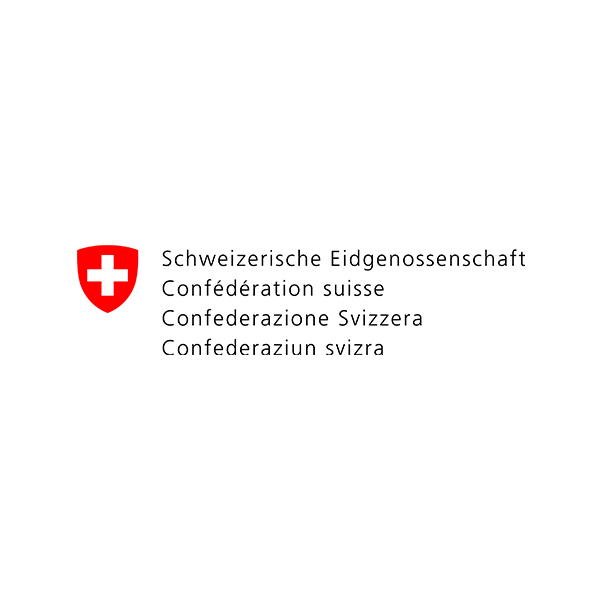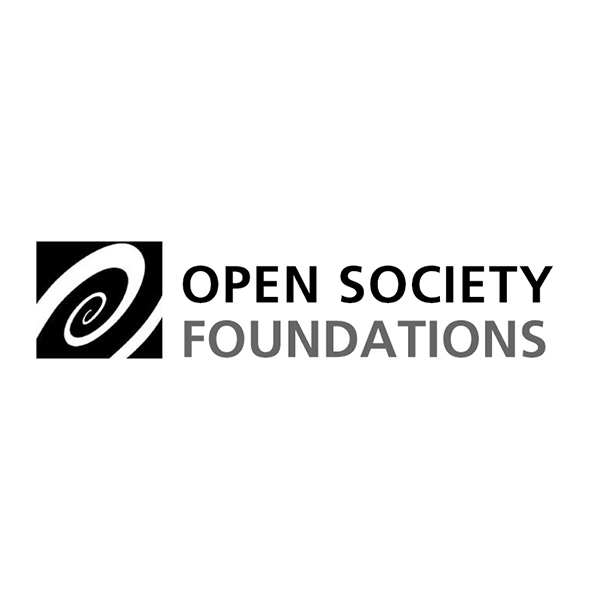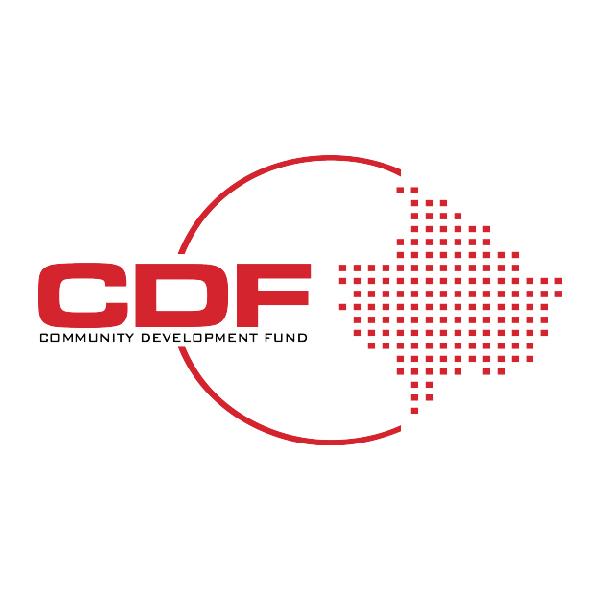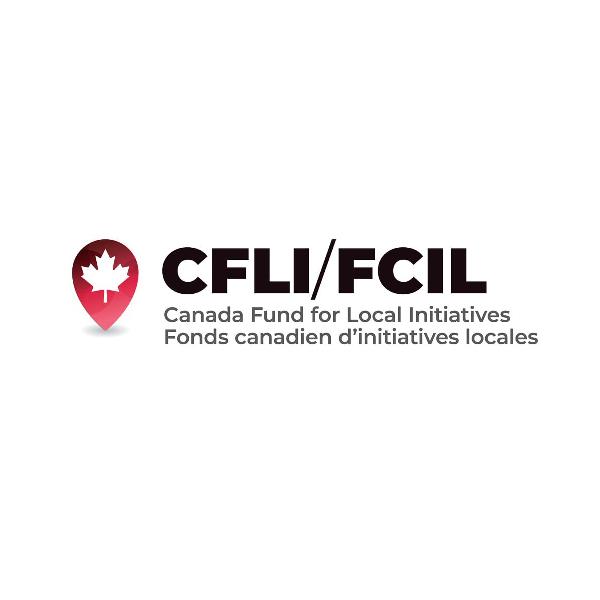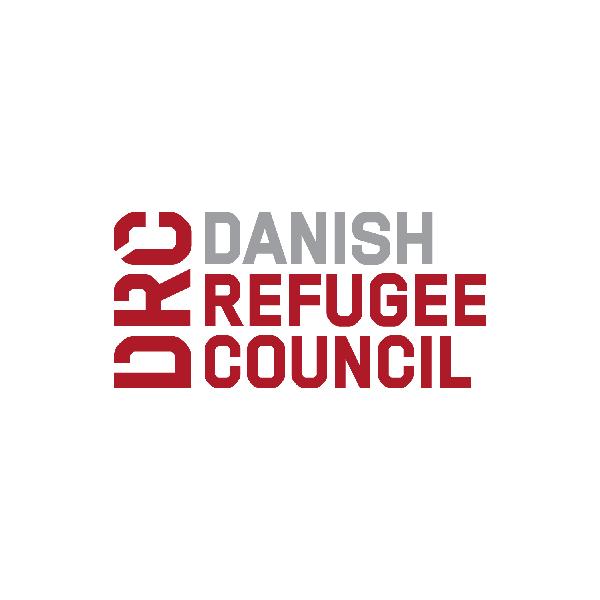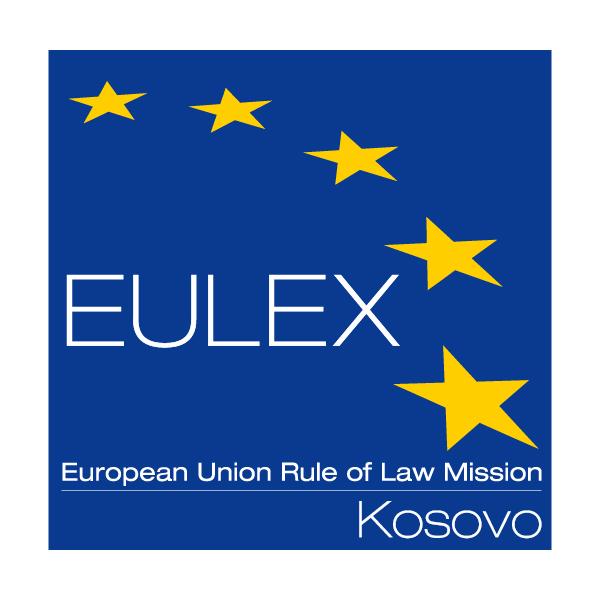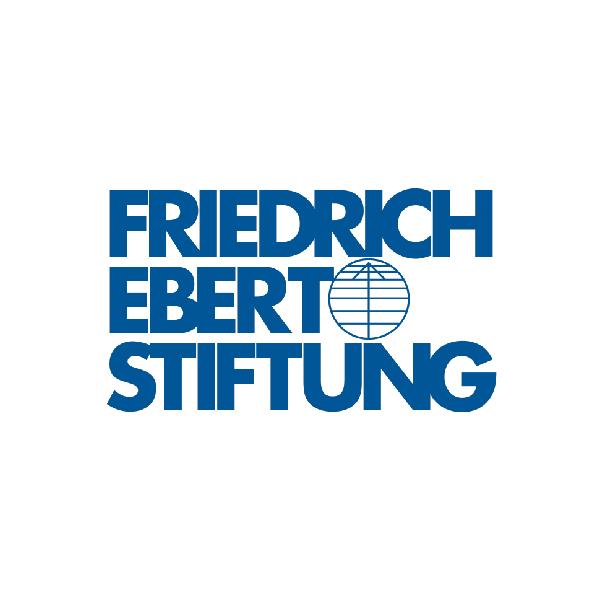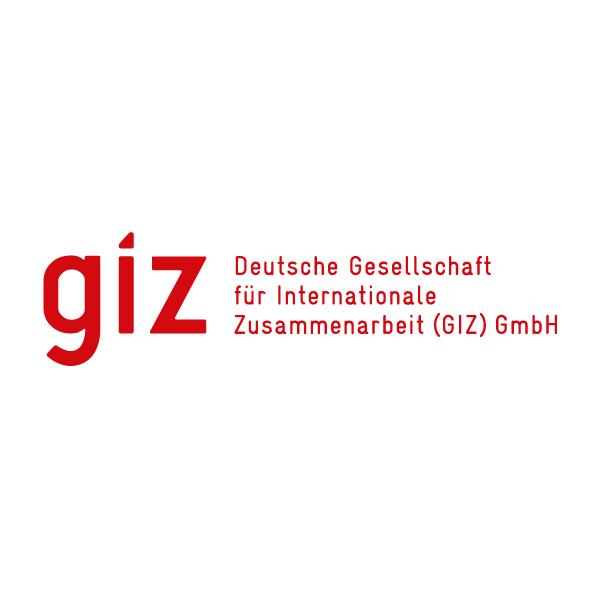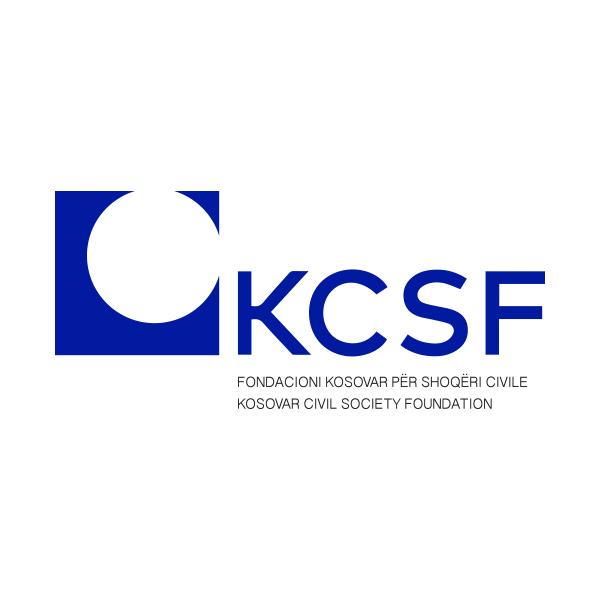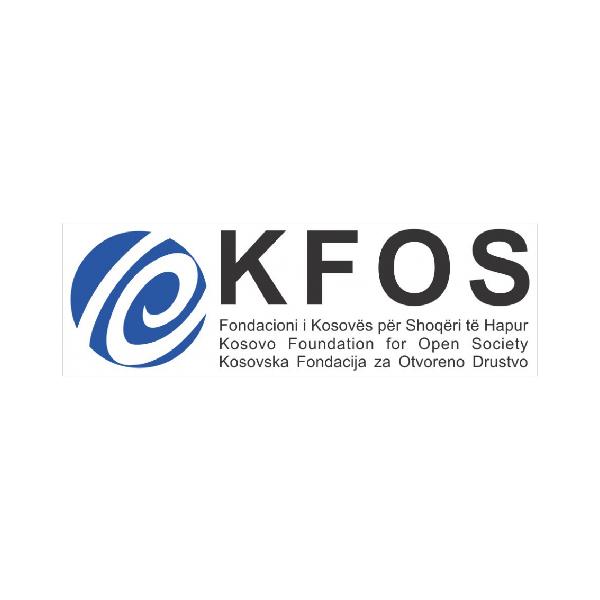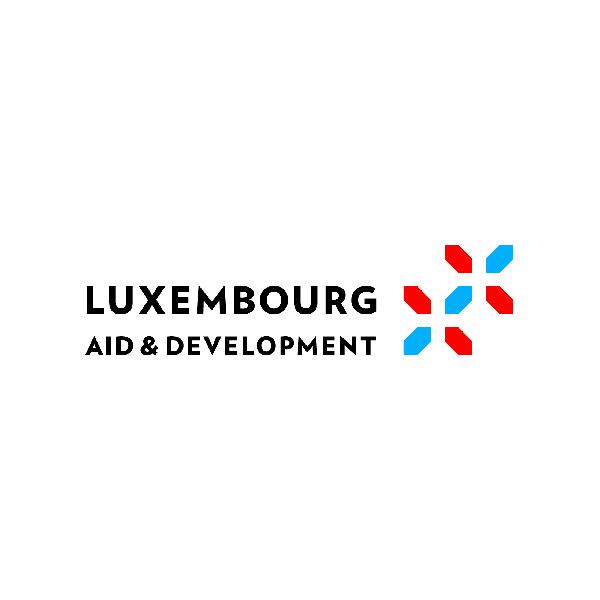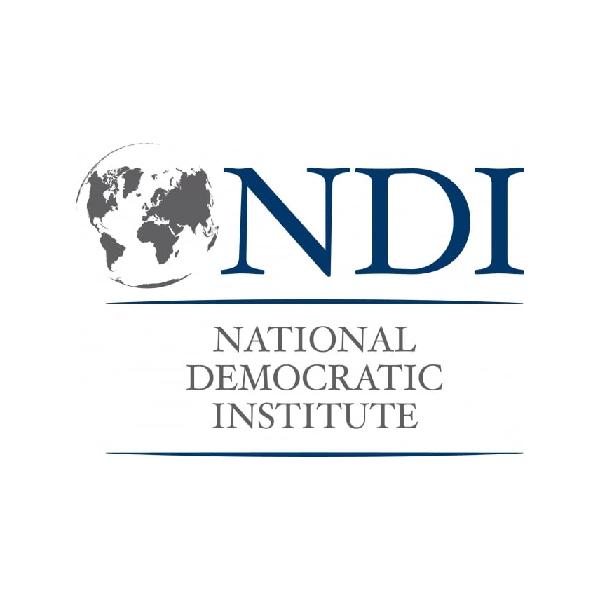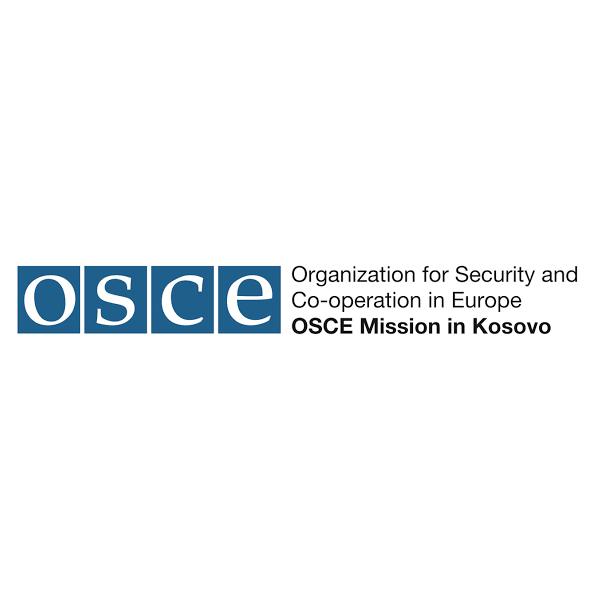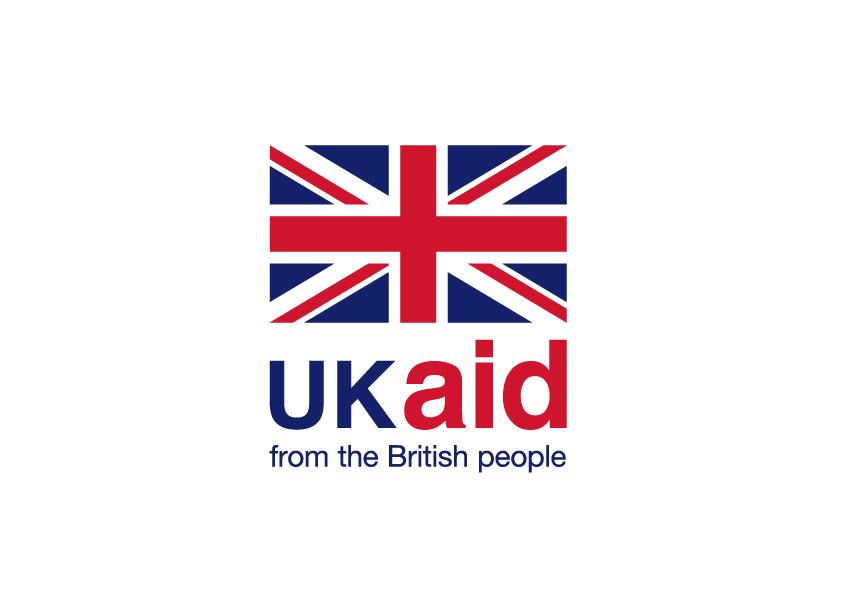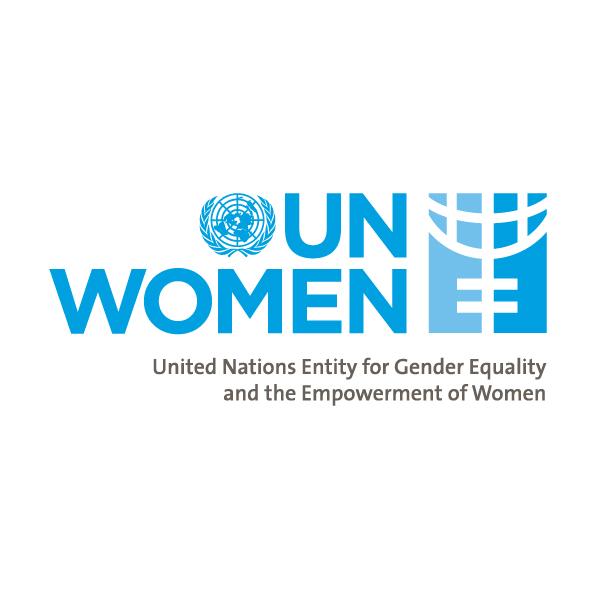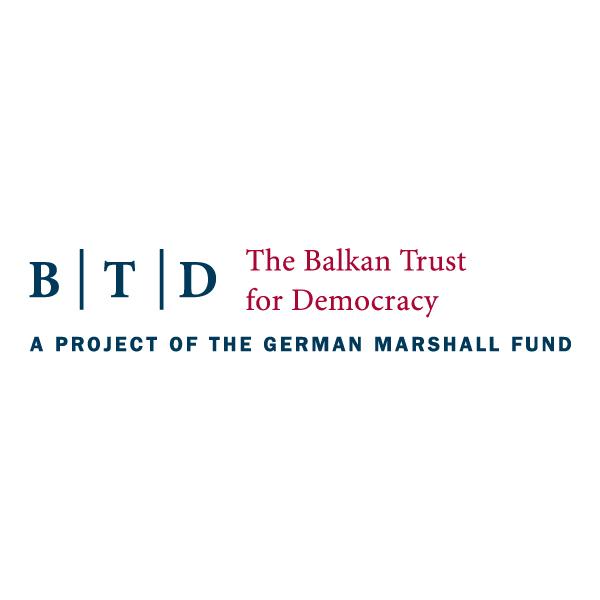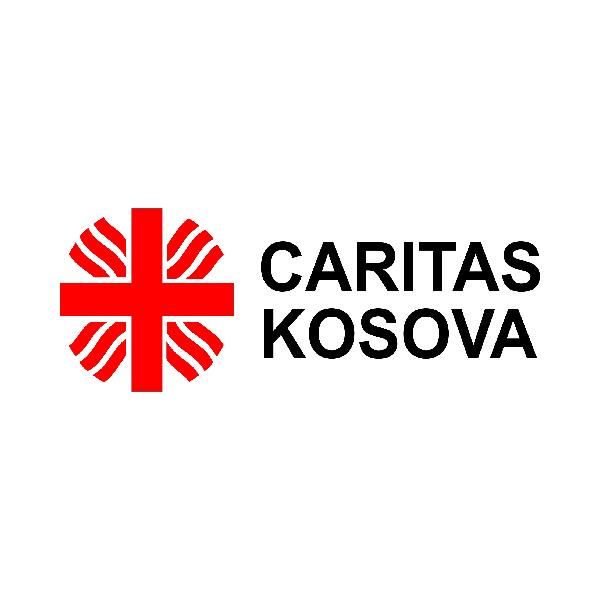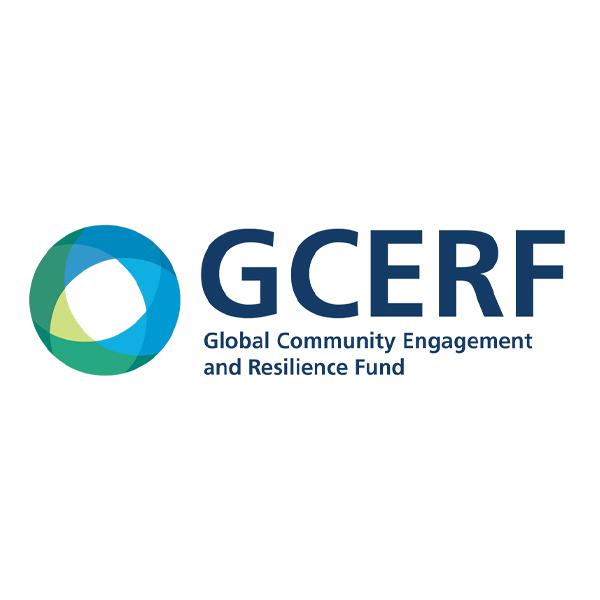At a conference in Belgrade, which took place on November 30, 2022, the NGO Aktiv presented the results of the “Trend Analysis 2022: Attitudes of the Serbian Community in Kosovo” research, which presents the main social, economic, and political trends in the society in which Serbs live in Kosovo.
The participants of the conference assessed that the results of the views of Kosovo Serbs should serve the initiatives that lead to greater respect for laws that protect the rights of non-majority communities and to increase the quality of lives of Serbs in Kosovo.
Presenting the overall assessment of the results of the “Trend Analysis”, the executive director of the NGO Aktiv Miodrag Milićević stated that the realistic attitude of Kosovo Serbs towards current events and future expectations was shown.
“The report is pessimistic, but it is the harsh reality that has prevailed for the last 20 years. With this report and these performances, we want to encourage politicians to look at a more realistic picture and find mechanisms to solve these problems,” said Milićević.
Presenting the report, Milica Orlović, head of the NGO Aktiv’s Belgrade Office, indicated that one of the key findings was deterioration of the security situation, with political instability being marked as the biggest security risk.
“The essence of these results is that there is a fear of what will be the consequences of still unresolved issues, such as, for example, formation of the Community of Serbian Municipalities, and that there is an apathy among the citizens regarding the possibility of reaching final agreement which would ensure institutional protection. This all will probably continue to affect the negative trend of migration, i.e., the departure of members of the Serbian community from Kosovo”, Orlović pointed out.
The panelists stressed that it was necessary to solve the problems in the dialogue process in order to solve the problems that are troubling members of the Serb community and thereby prevent their departure from Kosovo.
The Coordinator of the Working Group for Chapter 35 of the National Convention on the EU, Dragiša Mijačić, assessed that the research results were a message to the political elites to decide how they want to see the end of the dialogue process between Belgrade and Pristina.
“The complex situation has shown that the Serbs in Kosovo will find it difficult to accept any agreement, and looking at the migration flows, the answer to the solutions is predictable, the answer will be leaving Kosovo rather than integration into Kosovo institutions. Therefore, it is important that the decision-makers focus on this issue, otherwise we will have an agreement but we will not have Serbs in Kosovo,” said Mijačić.
Assistant Professor of the Faculty of Political Sciences in Belgrade, Stefan Surlić, pointed out that there had been a normative but not essential integration of Serbs in Kosovo.
“It is worrying that apart from economic reasons, security and political instability, as well as the absence of guaranteed rights, are still cited as reasons for leaving Kosovo. “After more than ten years of dialogue, my conclusion is that we have questions that we should not have, which are the reason for the departure of Serbs from Kosovo,” said Surlić.
The deputy director of the Belgrade Center for Security Policy, Bojan Elek, indicated that the positive finding of this research is that citizens believe that a solution can be reached through dialogue, but that citizens have trust that seems to have been betrayed by how the dialogue is conducted.
“The biggest blind spot of any final agreement is that no account is taken so that on the ground, whatever is agreed upon, it will affect the citizens,” Elek pointed out.
The participants of the conference pointed out that all-round action is needed in order to start solving the problem and enable the Serbs to live better in Kosovo.

